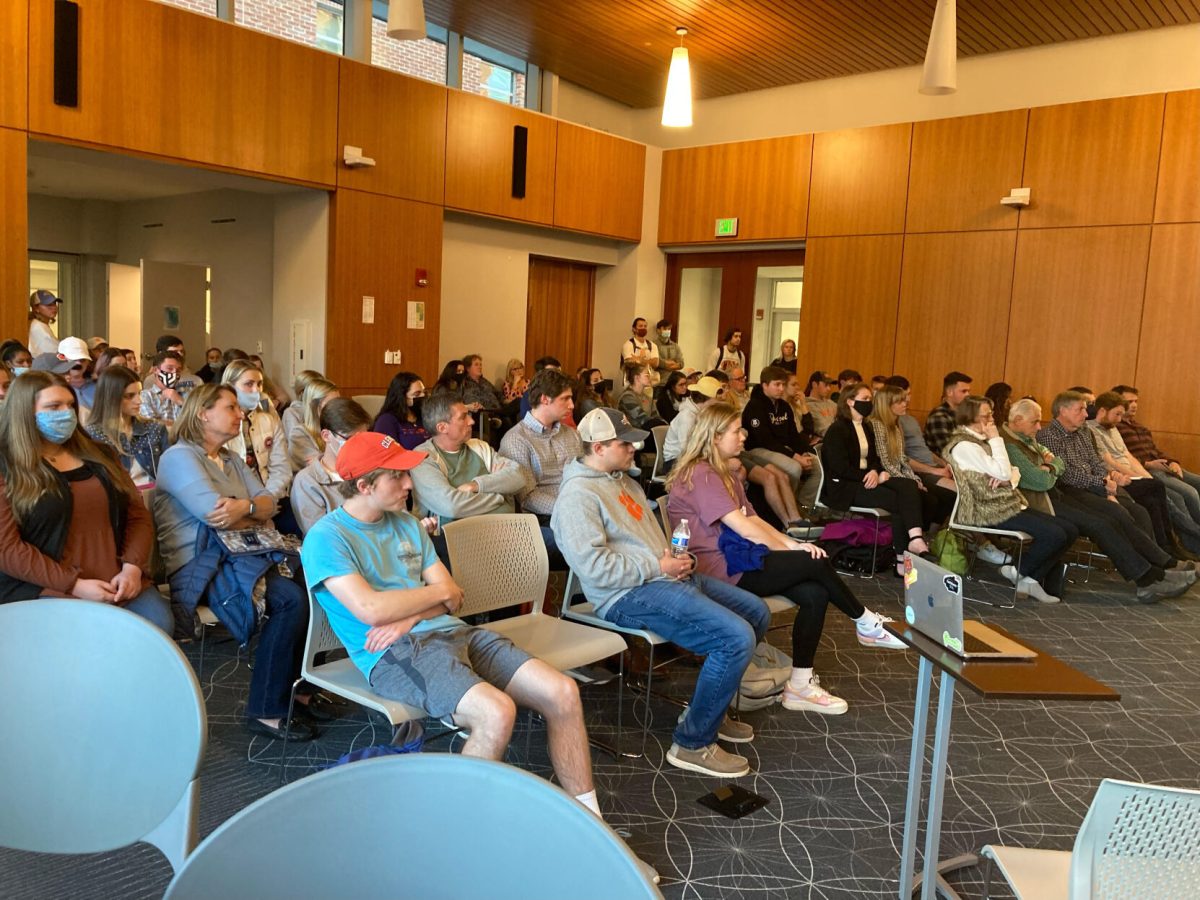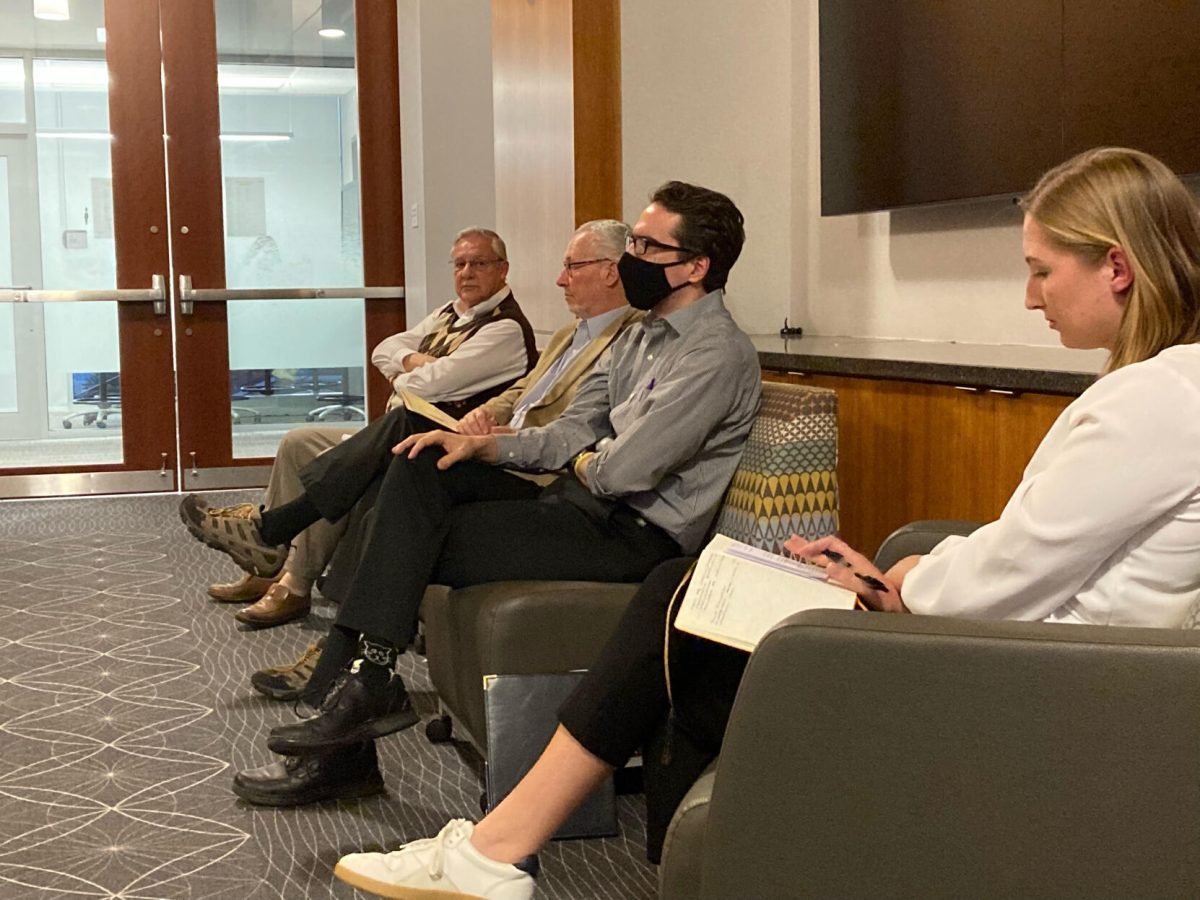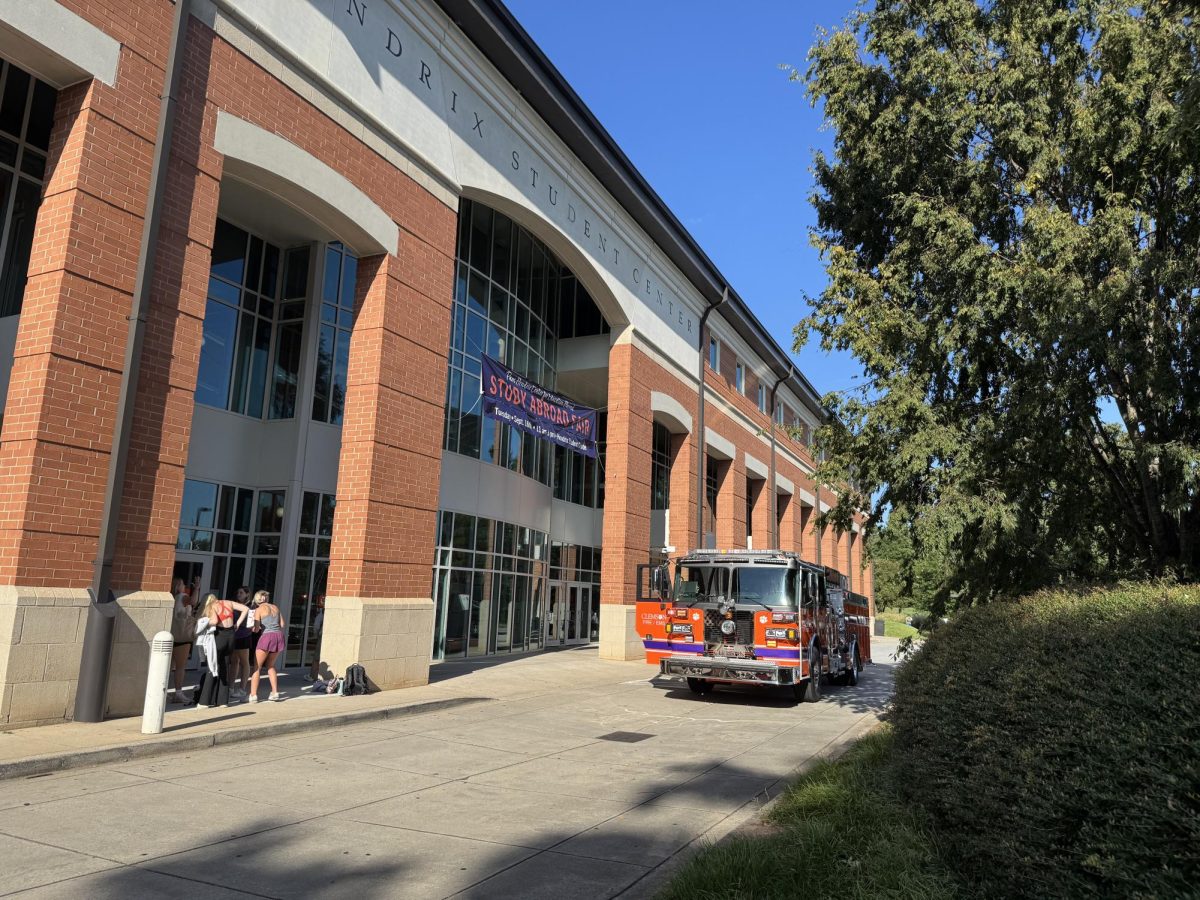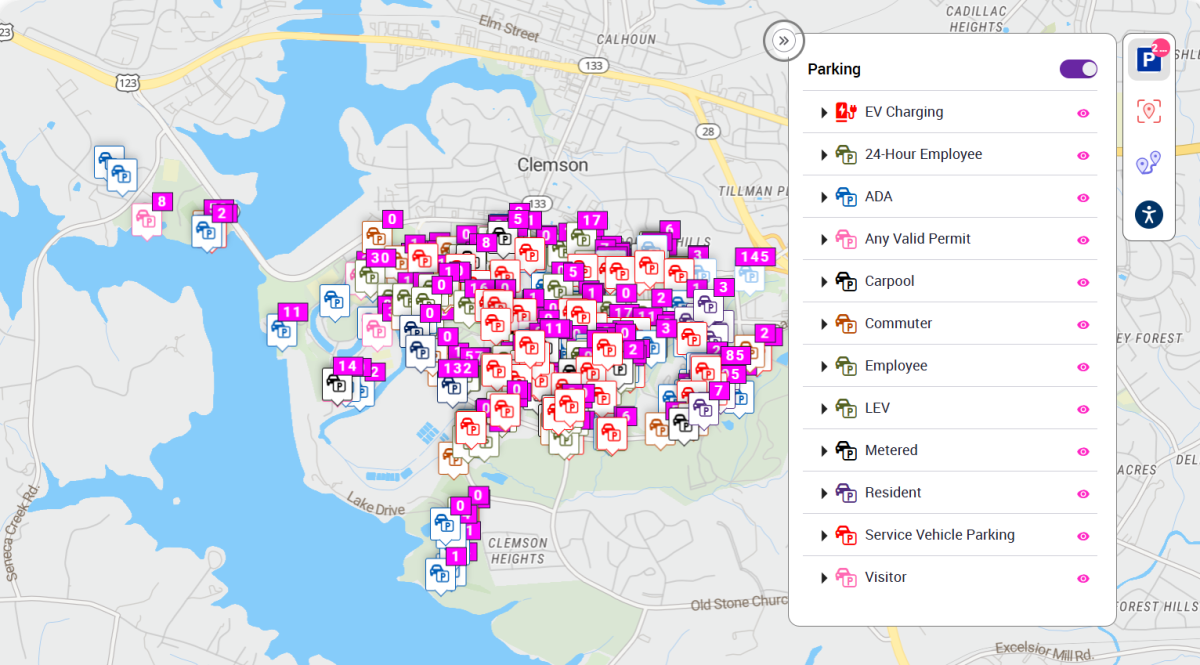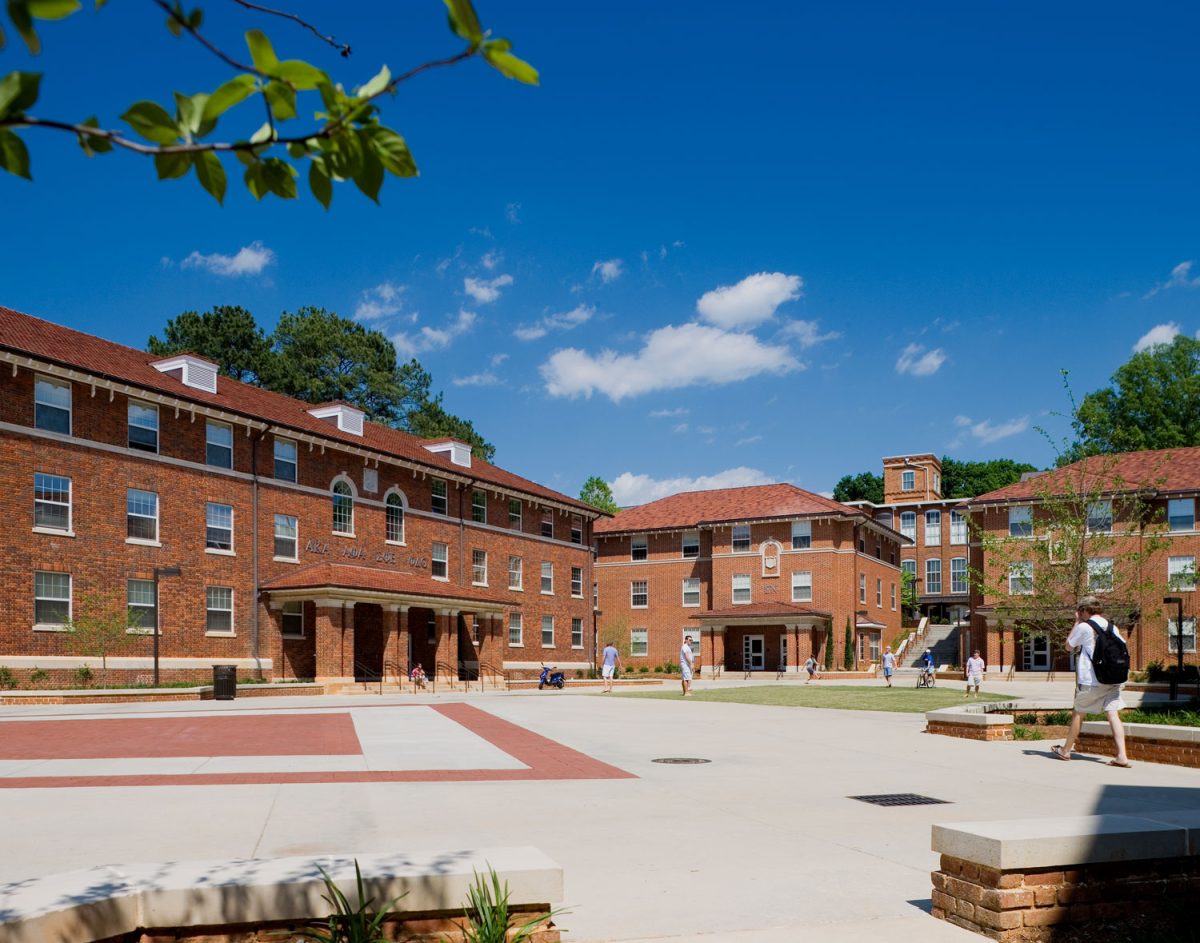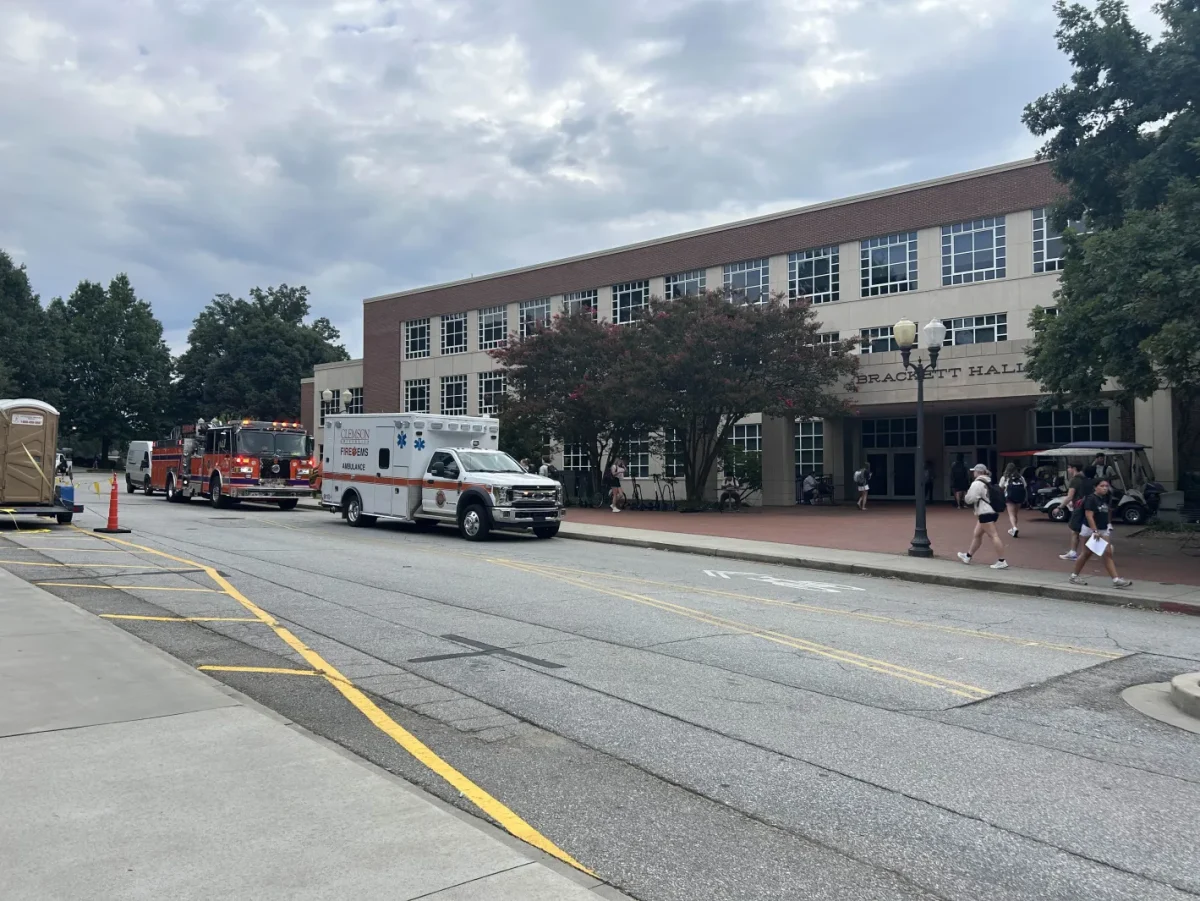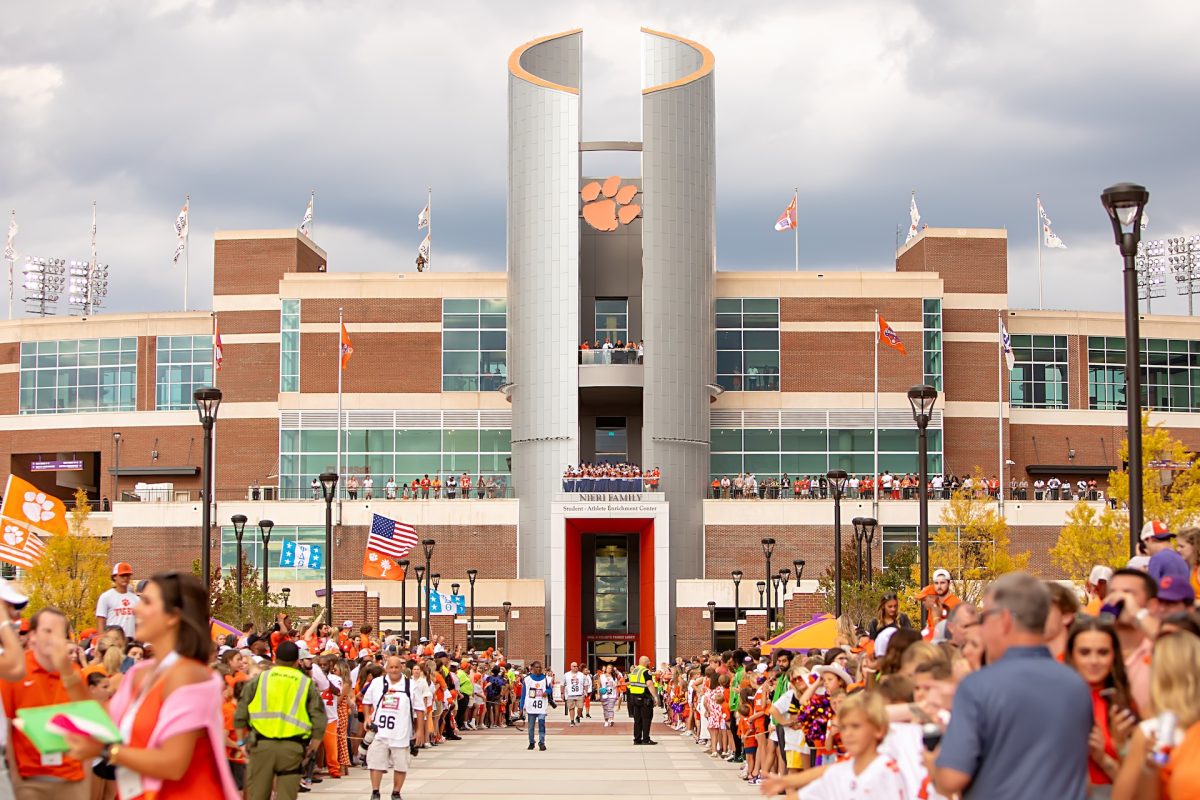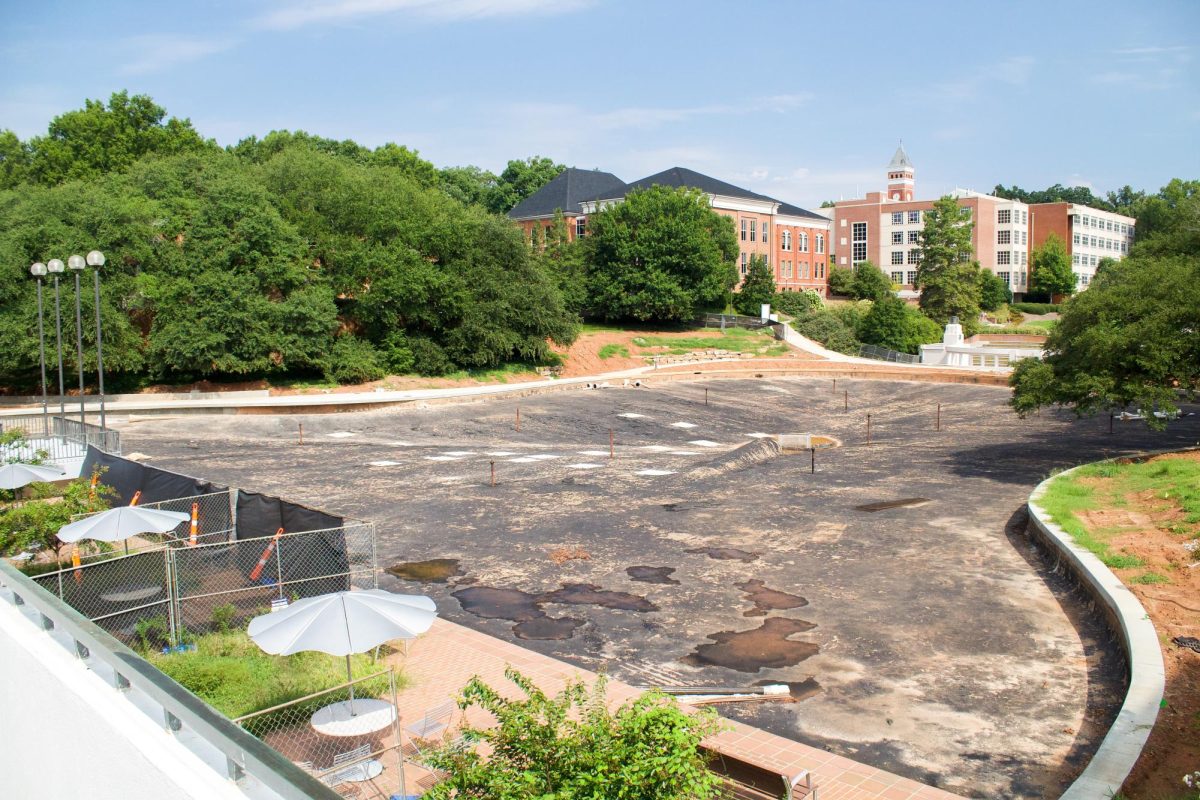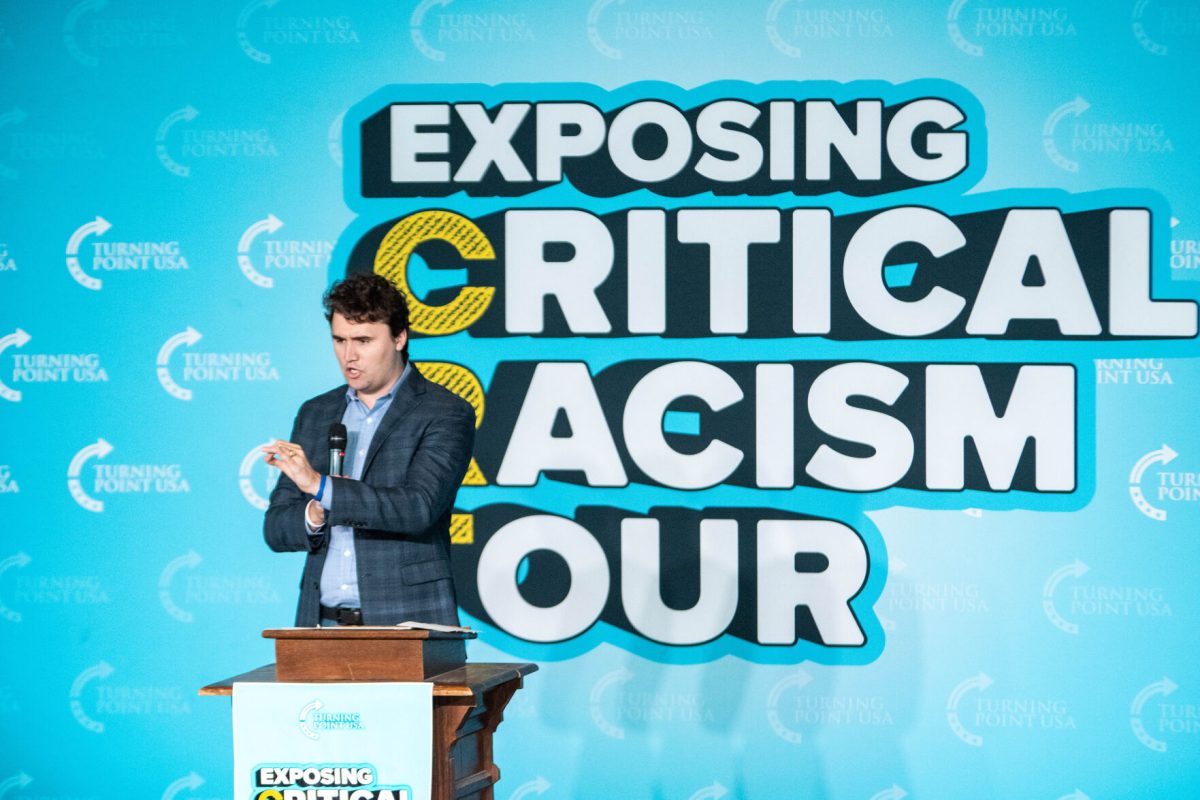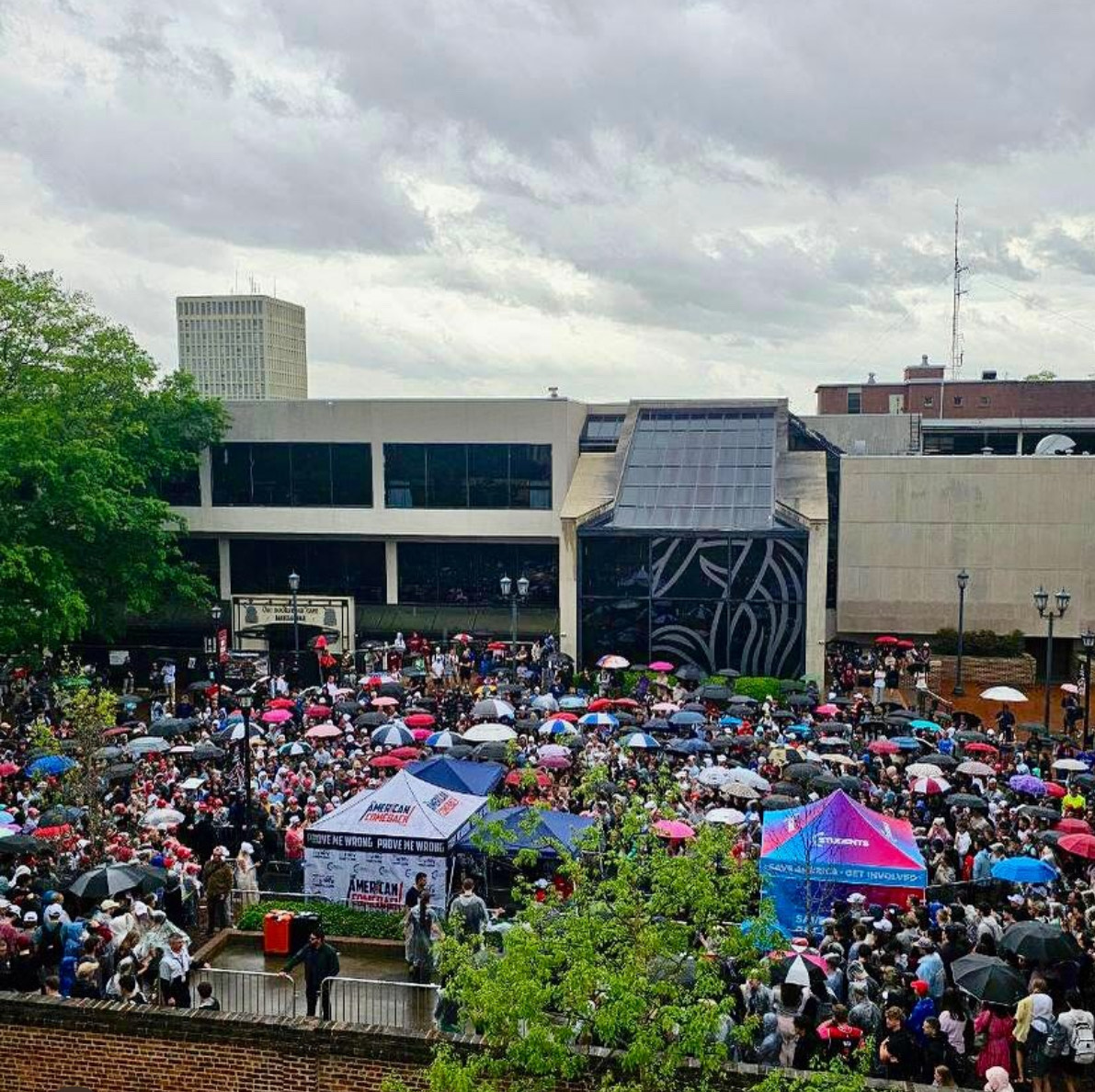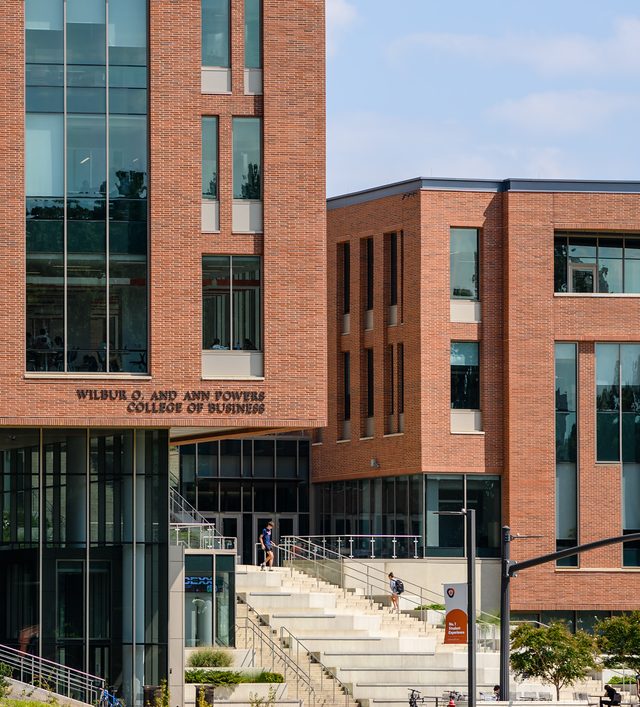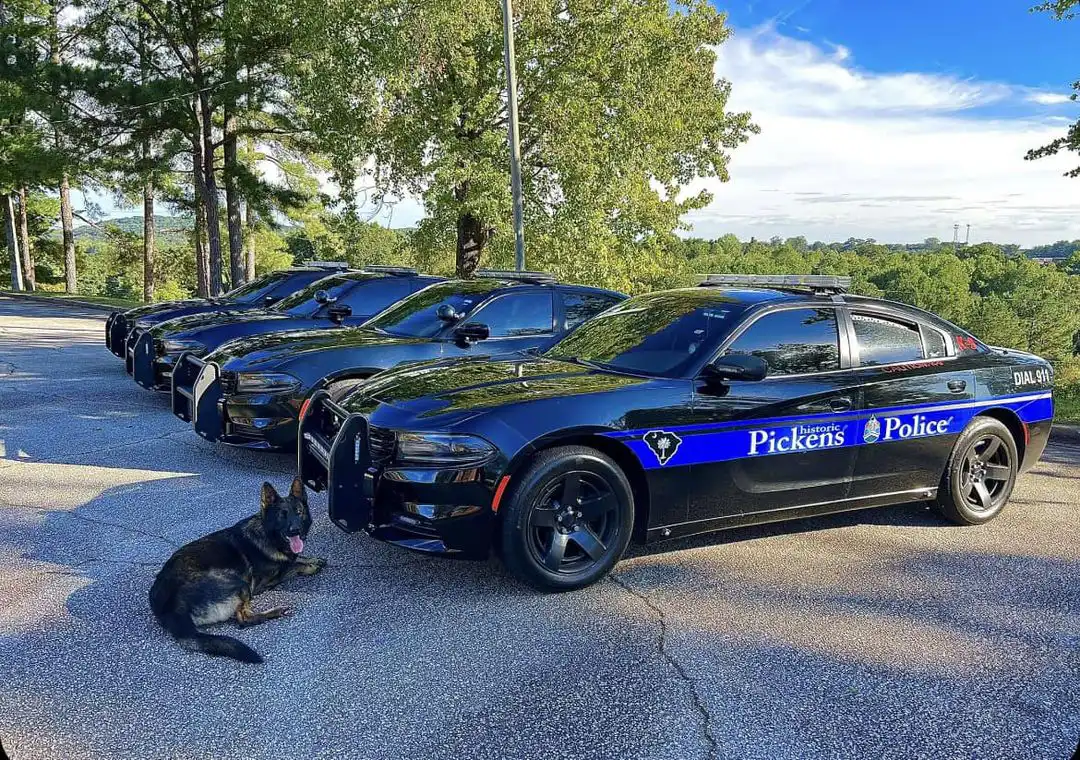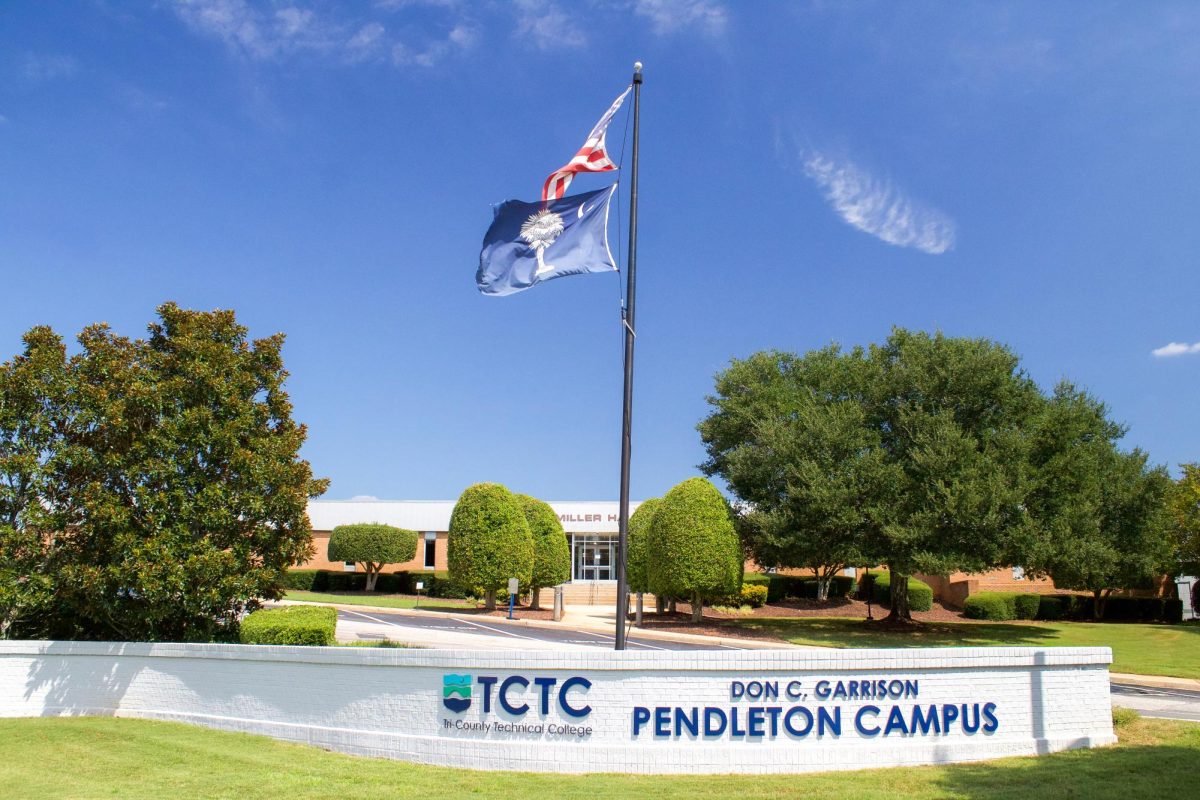Periods of war are very frightening and confusing times, and it is natural to wonder why such catastrophic events happen in the first place. To address some of these concerns on March 14, Clemson University Balkans Foundation hosted a panel discussion about the crisis unfolding in Ukraine.
The three speakers at the event were Clemson’s faculty versed in the topic: Professor Vladimir Matic, Dr. Aron Tannenbaum, and Dr. Steven Miller. The panel sought to provide students and attendees with expert insight about what is, unfortunately, transpiring in Europe and explain the causes behind the Russian attack.
Panel host and former diplomat Vladimir Matic defines the war in Ukraine as a “cataclysmic event with the potential to have a deep impact that will change the world,” a challenge of power not seen since the Cold War ended.
International affairs specialist Dr. Steven Miller believes that the most reasonable explanation for the Russian invasion is that “a Ukraine that looks farther West than the East is a threat to Russia and the country’s future.”
In recent years, Ukraine’s population pleaded to join influential international governmental organizations, such as the North Atlantic Treaty Organization (NATO) and the European Union (EU), as a means of national security and to serve their economic interests. As Ukraine began to adopt Western ideology, ideas, and political systems, Putin feared that he would lose influence in Ukraine and felt it necessary to reclaim the territory, once a part of the Soviet Union.
To further speak of the impacts following the 1991 descent of the Soviet Union, Russian politics expert Dr. Aron Tannenbaum believes Putin aggressed into Ukraine “because of his failures in the past 20 years within the global community. Following the dismantlement of the Soviet Union, Putin did not realize that the newly emerged countries would need security insurance, so they, in turn, looked to NATO for insured security.”
Russia has always viewed NATO as a threat to their national interest and security. Putin did not and still does not wish to share a border with a NATO country. As Putin has failed to recognize the needs of his surrounding Eastern European countries, NATO, the West, and their allies have encroached closer and closer to Russia’s borders.
As Miller words it, “the very existence of a Ukraine that no longer stands with Russia is considered a mutiny” from Putin’s perspective.
War is a very unpredictable phenomenon. It is nearly inconceivable to try and predict what actions state leaders will take in a time of war and what decisions they will make regarding such largescale conflicts, especially Russian President Vladimir Putin.
Although impossible to know for sure, Dr. Tannenbaum believes that “Putin wants to take over the Ukrainian Southern border” and maintain a strong presence throughout the country, most likely with the intent of “occupying the entirety of the country.” Dr. Miller put the objective of the Russian invasion in simpler terms, claiming Russia “wants to get the band back together,” as he speaks to Putin’s driving motive for the attacks.
Putin denounces and denies Ukraine’s independent sovereign nation status. Putin released a chilling essay in which he articulated that “Russians and Ukrainians were one people – a single whole. These words were not driven by some short-term considerations or prompted by the current political context. It is what I have said on numerous occasions and what I firmly believe.” Putin views his invasion of Ukraine as simply taking back what is rightfully Russia’s territory.
Although war has devastating consequences, there are positive objectives that can result from such darkness.
Dr. Tannenbaum claims that Russia’s invasion of Ukraine has “created a strong nationalist movement and ideology amongst Ukrainian citizens. The devastation and chaos that has ensued within their country’s borders have given them a common interest to protect their home and freedom.
The Russian attacks have also catalyzed a unified global response as Dr. Miller defines the Western world’s response to the crisis as “nothing short of amazing.” Matic adds that the dilemma has forced the “harmony of the West, strengthened US and NATO relations, and unified the countries of Europe,” an absolute tragedy for Russia, its military, and its economy.
The panel was a spectacular opportunity for Clemson students to engage with experts educated in the norms and reality of war, Russia, and international conflict. The event presented students and participants with invaluable information and a better, more intricate understanding of the world around them.
Professor Vladimir Matic, Aron Tannenbaum and Steven Miller prepare to discuss the conflict in Ukraine on Monday, March 14.



